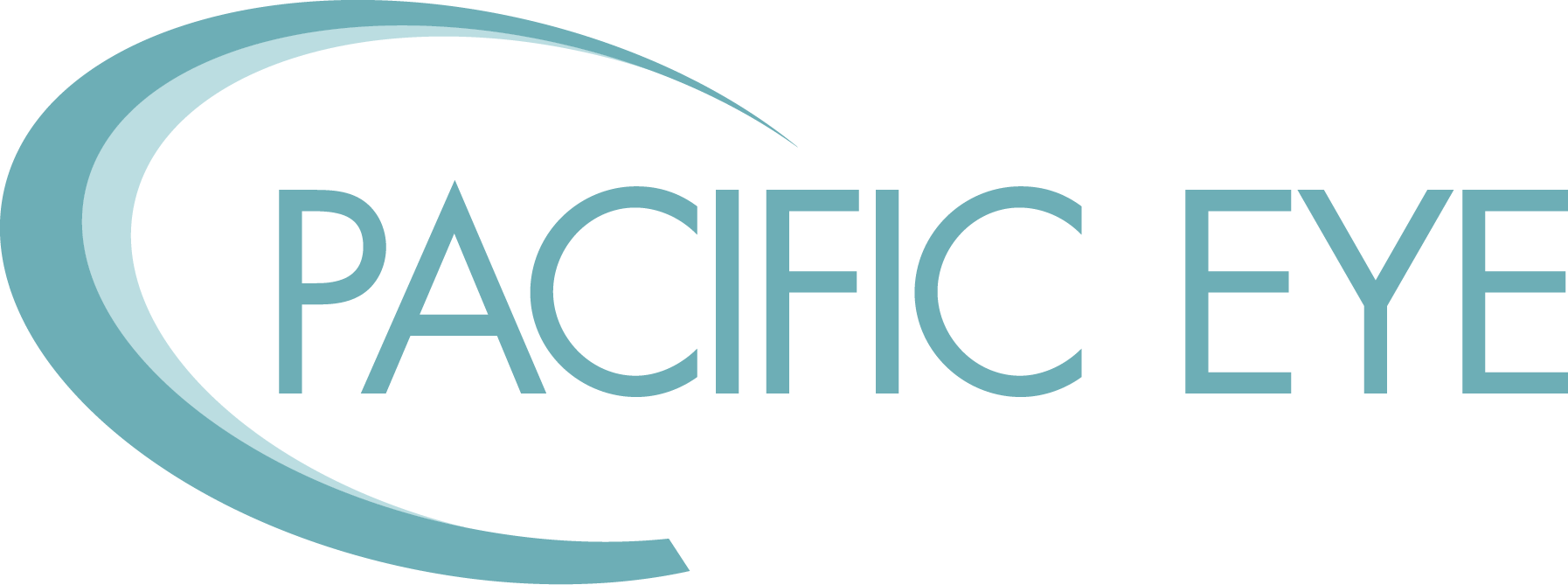
Macular degeneration can loom as a larger and larger concern as you age, especially if you have a family history of the disease. Fortunately, there are ways to control a number of the risk factors associated with this disease, so you can substantially increase your chances of avoiding macular degeneration.
Drs. Ahmad Amir, Robert Higginbotham, Christopher Hulburd, William McRee, Craig Merrill, Mazier Bidar, J. Brent Oldenburg, Mark Sherman, Jen Spiegel, Kimberly Johnson, Robert Dirksen, Scot Class, and Vanessa Ewing and the rest of our team at Pacific Eye want to help you avoid macular degeneration as much as possible. After all, it isn’t something that has to happen to you, especially if you keep the following in mind.
Avoiding macular degeneration
Macular degeneration is a common eye condition in which the macula of the eye becomes damaged. This causes vision loss and an inability to see things that are right in front of you as a result of blurry, dark, or spotted vision.
Unfortunately, macular degeneration becomes more likely to occur with age. According to Harvard Medical School, 0.2% of individuals 55 to 64 have macular degeneration, while 13.1% of those 85 and older have it. Still, you can minimize your chances of getting this disease with a number of prevent techniques, no matter your age.
Never skip your eye exams
Once you hit 45 years old, you’re going to want to see the eye doctor often, every 1-3 years. Once you reach age 60, you’ll absolutely need to see the eye doctor every year to make sure you aren’t showing signs of macular degeneration.
You should also see the eye doctor once a year if you wear glasses or contact lenses, have an eye disease, or have another disease that could affect your ocular health (such as diabetes).
Take care of your eyes
Many people don’t realize how many daily habits we should continually practice in order to protect our vulnerable eyes. For one, make sure your glasses and/or contact lens prescription is always up to date.
Also, wear lenses with blue light blockers in order to minimize your exposure to blue light from your electronic devices. Finally, make sure to wear sunglasses and a large hat while outside to block harmful UV rays from your eyes.
Take care of your body
One of the best things you can do to prevent macular degeneration is to maintain a healthy weight. Being heavier can increase your risk of high blood pressure, which can, in turn, increase your risk of macular degeneration. Make sure to eat right and exercise regularly. You should also avoid eating refined carbs, which can make your blood pressure and your weight increase.
Eat the right foods
Certain foods can help decrease your chances of developing macular degeneration. These include fruits, nuts, leafy greens (like spinach), and fish. Also, if you take certain supplements, such as vitamin C, vitamin E, beta-carotene, zinc, copper, and fish oil, this can decrease your chances of developing the disorder.
Stop smoking
Smoking is one of the worst things you can do for your health, and not surprisingly, it increases your chances of developing age-related conditions, such as macular degeneration. In fact, a 2005 study found that, despite the overwhelming evidence that eye disease is often linked with smoking, many people don’t even realize this is a possible side effect of cigarette usage.
Trust us when we say the writing is on the wall; if you’re serious about avoiding this condition, stop smoking today.
Want to learn more about macular degeneration?
There are plenty of ways you can help yourself avoid the possibility of developing macular degeneration. If you want to learn more, visit us at one of our seven California offices. You can call to request an appointment or make one yourself online.







